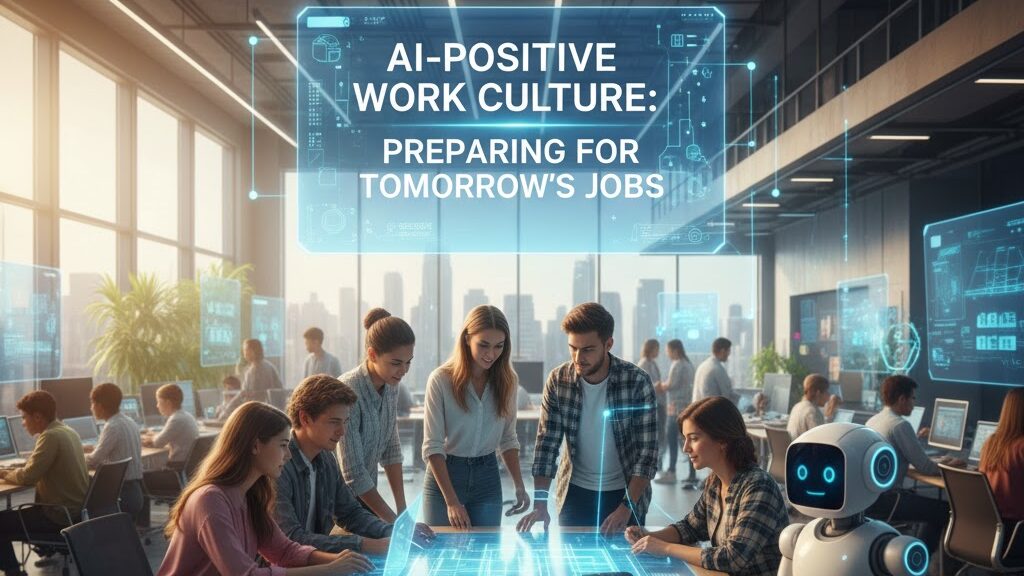
Source
Wonkhe
Summary
Alastair Robertson argues that higher education must move beyond piecemeal experimentation with generative AI and instead embed an “AI-positive culture” across teaching, learning, and institutional practice. While universities have made progress through policies such as the Russell Group’s principles on generative AI, most remain in an exploratory phase lacking strategic coherence. Robertson highlights the growing industry demand for AI literacy—especially foundational skills like prompting and evaluating outputs—contrasting this with limited student support in universities. He advocates co-creation among students, educators, and AI, where generative tools enhance learning personalisation, assessment, and data-driven insights. To succeed, universities must invest in technology, staff development, and policy frameworks that align AI with institutional values and foster innovation through strategic leadership and partnership with industry.
Key Points
- Industry demand for AI literacy far outpaces current higher education provision.
- Universities remain at an early stage of AI adoption, lacking coherent strategic approaches.
- Co-creation between students, educators, and AI can deepen engagement and improve outcomes.
- Embedding AI requires investment in infrastructure, training, and ethical policy alignment.
- An AI-positive culture depends on leadership, collaboration, and flexibility to adapt as technology evolves.
Keywords
URL
Summary generated by ChatGPT 5

